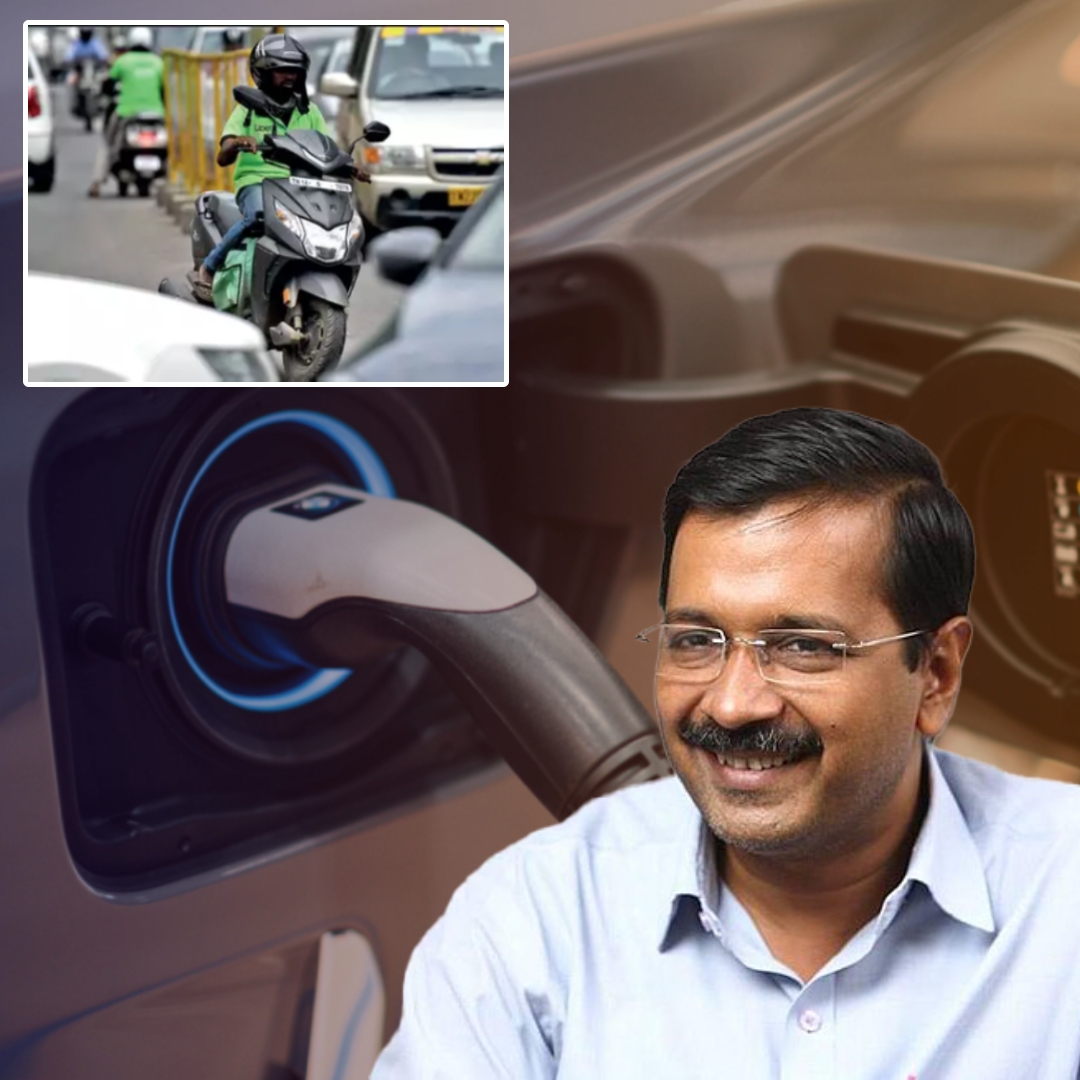
Image Credits: The Times Of India, Unsplash, Wikipedia
Eco-Friendly Move! Delhi Government's Draft Policy Asks Delivery Services To Use Electric Vehicles
Writer: Akanksha Saxena
I am a budding journalist who loves to write stories that have the ability to connect with people.
Delhi, 16 Jan 2022 9:04 AM GMT
Editor : Ankita Singh |
A literature lover who likes delving deeper into a wide range of societal issues and expresses her opinions about the same. Keeps looking for best-read recommendations while enjoying her coffee and tea.
Creatives : Akanksha Saxena
I am a budding journalist who loves to write stories that have the ability to connect with people.
The aggregator policy was framed under the Environment (Protection) Act 1986, to introduce an eco-friendly transportation alternative by ride-hailing and delivery services in Delhi-NCR.
The Delhi government introduced a draft policy asking ride-hailing (cab aggregators) and delivery services to use electric vehicles mandatorily. The new policy will ensure that 5% of new two-wheeler fleets and 10% of the new four-wheeler fleets will be electric within the next three months from the notification's date.
Recently, the draft policy under the Environment (Protection) Act 1986 was put in the public domain to make the necessary suggestions to be implemented. It also lays down incentives for the transition towards electric transportation in a timely fashion.
Eco-Friendly Aggregator Policy
As reported by NDTV, Delhi has become the first state/ Union Territory to adopt an aggregator policy to regulate vehicular emissions. "Delhi government, under the leadership of Arvind Kejriwal, has been a pioneer in taking measures to combat air pollution, this would be first of its kind that will provide the necessary push to the aggregator industry in becoming eco-friendly," said Delhi's environment minister, Gopal Rai
Speaking to Live Mint, Environment Minister's advisor, Reena Gupta, explains, "The essence is to ensure the aggregators and delivery service providers are brought into the fold of a sustainable, clean and electric mobility, given the impact of large-scale adoption of clean vehicles.
The said policy will be implemented not just in the national capital but also in the adjacent NCR cities. Gopal Rai adds, "The Delhi government will also be making a representation to the Commission for Air Quality Management to direct other states in the NCR area also to adopt the policy."
Controlling Vehicular Emissions
The Delhi government's recent initiatives are a part of a mammoth endeavour to mitigate the air quality problem in the city. The policy also aims to boost the EV's supply and demand chain, incentivise both the customers and electric vehicles, and construct charging stations to encourage an ecosystem devoid of harmful vehicular emissions.
As suggested by various studies, vehicular emissions are one of the prime contributors to Delhi's polluted air. While the authorities are encouraging the people to take public transport to reduce the emissions, such policies will only take the national capital in the right direction to combat the air pollution menace that continues to plague scores of citizens living in the city.
Also Read: Mumbai: BMC Sets Up First Public EV Charging Station In Dadar
 All section
All section














